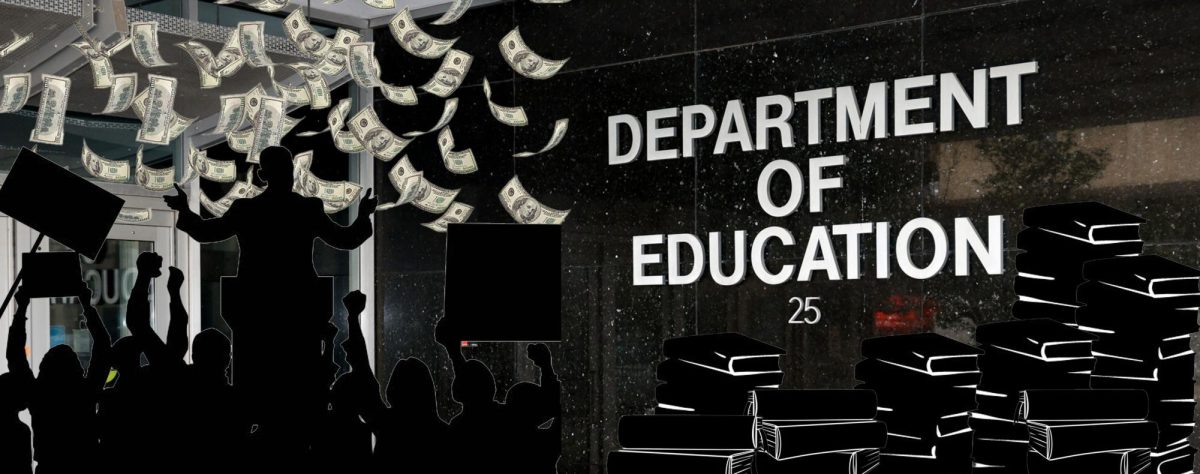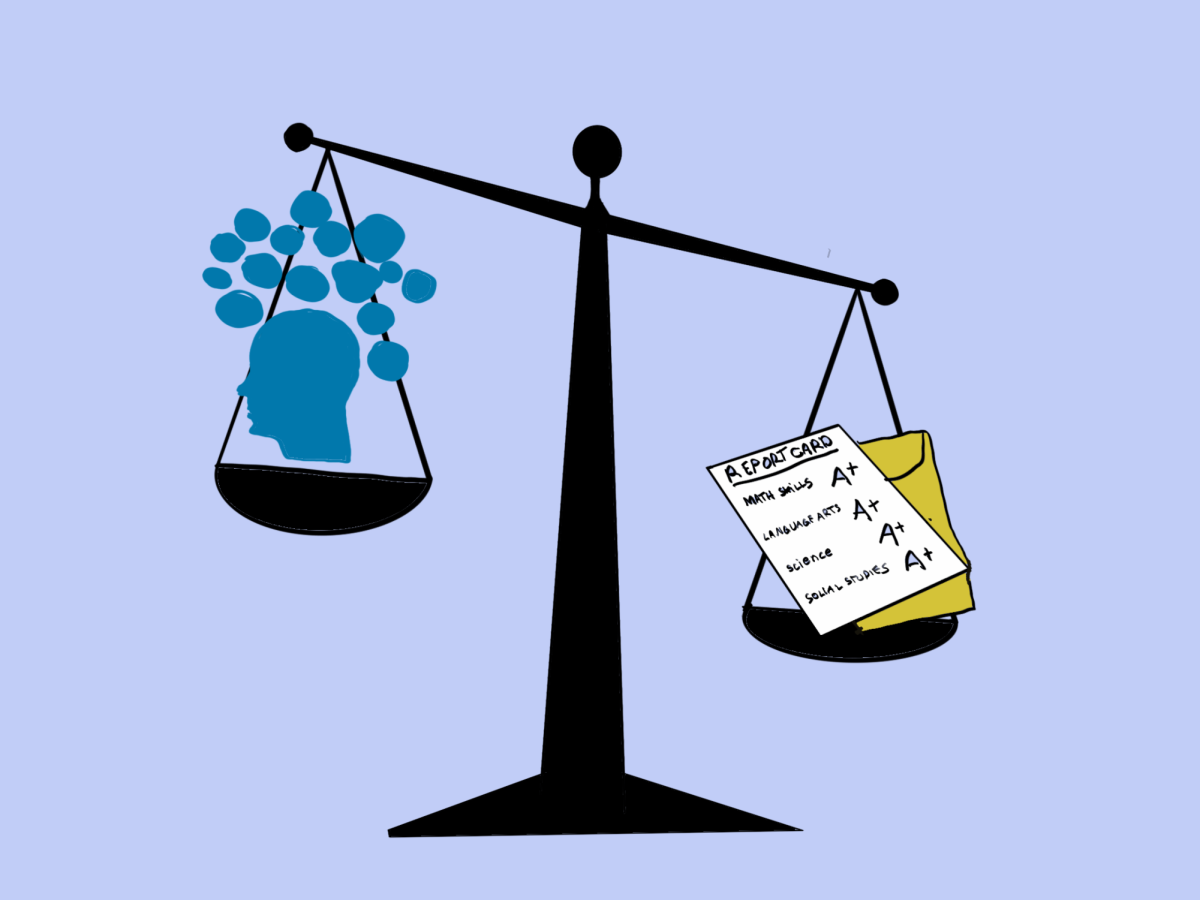What was the best class your ever had? Remember a course you took where you hated the subject, but the teacher was so entertaining, so engaging, so mesmerizing, that you ended up loving the class? Or, how about the class that requried toothpicks to keep your eyes open? The notes you took that meant nothing. The times you wanted to pitch yourself out of the third floor window out of sheer and utter boredom.
With the Walpole Teachers Union approval of the new teacher’s contract on October 3, the union agreed to adopt the Massachusetts Model System for Educator Evaluation throughout the Walpole School District. The state is now implementing a new teacher evaluation system that will require administrators and teachers to reevalute what it means to be a good teacher.
“I think this evaluation system is looking for effective practices,” said Principal Stephen Imbusch. “One of the biggest changes in this system is that there is a new set of rubrics that all teachers are going to follow. But we will be doing shorter observations and more of them to get a better feel of the classroom.”
Teachers will be graded on four standards: Curriculum Planning and Assessment; Teaching All Students; Family and Community Engagement; and Professional Culture. Within each standard, evaluators must provide four grades (much like a MCAS score): Advanced, Proficient, Needs Improvement, and Unsatisfactory.
“We are aiming for our teachers to be in the Proficient category,” said Imbusch. “There will be some teachers who will be advanced in certain categories of the rubric, but if you do everything you are required to do, you will be a proficient teacher.”
Undoubtedly, the adoption of this new evaluation system is an improvement for the Walpole School District because it will force evaluators to more accurately measure the effectiveness of instruction. However, in looking over the new teacher evaluation rubric after my interview with Principal Imbusch, I kept asking myself two questions: what actually makes a “Proficient” or “Advanced” teacher, and why isn’t our faculty aiming for “Advanced”?
Most likely, “Proficient” is a first year goal for this process and next year, the faculty may aim for “Advanced.” But still, I couldn’t help thinking: what makes an “Advanced” teacher?
In my mind, most great teachers are extremely knowledgable and have high expectations for their students. They are willing to do whatever it takes for every student to be successful. Consequently, great teachers set high standards but hold themselves, and their students, accountable for students’ success. They have a ‘can do’ attitude that instills self-confidence in students.They know exactly what skill or concept students are expected to master and how their mastery will be assessed.
Great teachers should be engaging and love what they do. We follow this lead. Engaged. Stimulated. Willing and wanting to work.
In our survey of over 120 Walpole High School students that assessed the most desirable trait in a teacher, “Subject Matter Knowledge” came in third with 16.3%, while “High Expectations” barely registered with 2%. Notably, students ranked teacher’s “Enthusiasm” and “Approachability” as the most popular traits, each receiving 38.5% of the vote.
In the comments section, many students referred to student engagement as an important factor when determining what makes a good teacher.
Senior Kaylin Hallet summed up the comments the best: “There is nothing more painful than sitting for an entire year with an overly boring teacher. When that’s the case, I don’t want to learn.” Hence, there seemed to be strong correlation between the new teacher evaluation rubric and the student survey: all “Advanced” teachers can engage students in a meaningful way.
So, boredom is the enemy of our education. Students who are bored in class learn only one thing: that they are at the mercy of their instructor. As the state is suggesting, and we all know, part of what makes a great teacher is that he or she is engaging. Just think about it: did you ever have a teacher who was boring who you also thought was great? Of course not.
I remember being bored through almost the entirety of a middle school class. It was, without a doubt, our teacher’s fault. She was humorless, spoke in a monotone, and gave us busy work that did not teach us anything. I loved school before and after, but those nine months were torture.
So what makes a teacher engaging? A passion for his or her subject, sure. But a great teacher must also have insight into human nature. In my experience, the best instructors inevitably possess a wry sense of humor, a knowingness that comes from having thought about their own foibles as much as they have thought about the topic they are teaching.
Over my last three years at WHS, I have observed the students in my most boring classes, and I remember this one particular winter day. The longer I watched my peers, the more obvious it seemed. With all the yawning and the scribbling and the eye-rolling, the students’ collective tedium couldn’t have been any clearer. All the teacher had to do to wake them up was to stop and say something like, “I’m boring you, aren’t I, let’s switch gears and try something else.” But the teacher didn’t. Instead, they just kept on going with their lesson.
At Walpole, we must work not on the larger, real-life connections that bring those frameworks alive, make them real and tangible. Those changes will bring us the results we want. In the evaluation rubric, the state identifies “Advanced” teachers — not “Proficient” teachers — as “motivating and engaging.”
If Walpole wants to improve, we should be aiming for “Advanced” teachers and engaged, motivated students as opposed to “Proficient” teachers babysitting bored students.









Lisa Osborne • Oct 26, 2013 at 9:47 am
Peter,
I enjoyed reading this article. Your comments will help me to reflect on how engaged my students are in my classes.